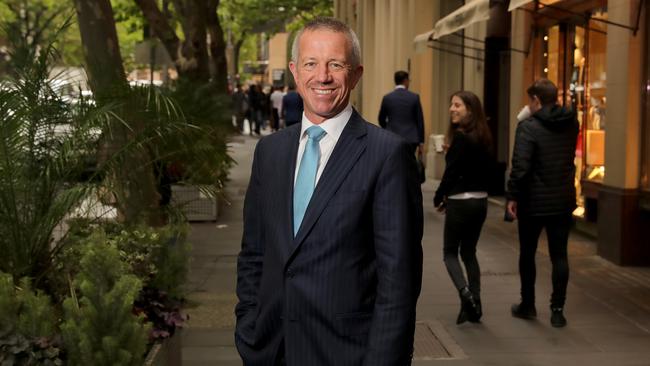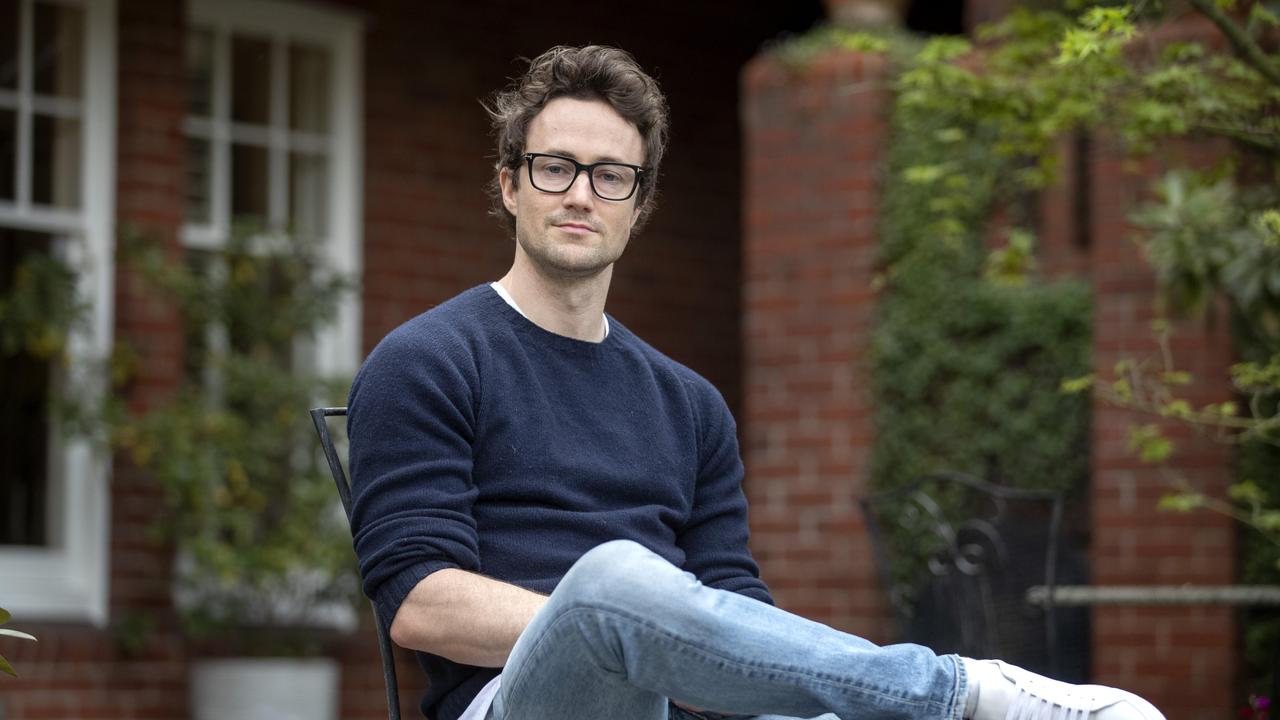
National Australia Bank is in the final throes of its chief executive search process and investors are itching to know where it lands.
A board decision is said to be very close after the shortlist was further whittled down.
The short odds are on external candidates said to include Royal Bank of Scotland boss Ross McEwan, Bank of Ireland chief Francesca McDonagh, and Westpac’s institutional bank boss Lyn Cobley.
Internally, NAB’s head of business banking Anthony Healy is the frontrunner.
Either way, it’s down to the short strokes and there is no room for error after the frequent turbulence at NAB over the past 15 years. The board’s CEO selection panel was led by non-executive director Ann Sherry, while executive search firm Russell Reynolds was managing the process.
Interestingly, RBS is also yet to appoint a successor for McEwan who announced in April he was stepping down after more than five years in the top job. He will leave within a year of that or after a successor is found.
McEwan, who was overlooked for the Commonwealth Bank top role when it was handed to Ian Narev, is well known and respected by the local investment community. He may, however, have his eye on board seats rather than operational roles post the gruelling turnaround at RBS.
Less known in this market is McDonagh who is conducting her own transformation plan at Bank of Ireland since taking the reins in 2017. In a Bloomberg interview last year she said: “Resetting that culture has been a really important part of my personal agenda.”
Statements like that would have resonated with the NAB board as well as her laser-like focus on costs.
Prior to her CEO role, McDonagh was a longstanding HSBC executive spanning 20 years. Over that time she held a number of management roles, including group general manager and regional retail banking and wealth head for the UK and Europe and chief of personal financial services in Hong Kong.
Salaries at Irish banks are also more modest than Australia because during the financial crisis, the government capped pay and outlawed bonuses at bailed-out banks. Bank bonuses of more than €20,000 are presently taxed at 89 per cent. A debate is under way on whether those restrictions need to be loosened by policymakers.
McDonagh’s pay in 2018 amounted to €958,000 ($1.5 million).
Back to business
Still on NAB, the bank is ramping up its engagement on innovation and business policy.
NAB, the nation’s largest business lender, is today releasing a paper on Israel’s ecosystem for small and medium business and how Australia can replicate the model.
It found “more can be done” by government and the private sector to promote a consistent innovation policy, calibrated for the long term. “For the country it’s a really important priority,” Healy says.
Given the federal budget’s cut to research and development tax incentives innovation has been a hot-button issue alongside business’ access to credit.
NAB is of the view that the private sector, venture capital, government and universities are all part of the solution.
It calls for policy to go beyond grants and concessional tax to creating an ecosystem that helps both start-ups and established small and medium businesses and cuts red tape.
As part of its policy push and perhaps the desire to lift its corporate citizen profile, NAB has also formed a partnership with the Australian Owner-Manager Program. The view is that improving skills and leadership in medium-sized businesses is an important driver for connecting and growing companies, which could boost the domestic economy by $70 billion per annum.
NAB is giving up to 300 business customers a partial-scholarship to the Australian Owner-Manager Program.
The key test, though, will be whether the program is taken up by businesses in an environment where confidence is flailing and demand across many industries remains soft.
NAB pointed to data indicating that on average, New Zealand’s Owner Manager Program alumni grew their businesses at 3 times the rate of their peers, with full-time equivalent headcount also growing on average by 7 per cent.
Since inception, businesses that have completed the NZ course have added an estimated 15,200 jobs to that economy.
CLSA restocks
The dust has settled and CLSA Australia is starting to refill its staff ranks.
The advisory and trading firm is understood to have made four new hire and is still on a recruiting drive following the raid that lifted 30 of its staff.
This column revealed online yesterday that CLSA had signed Deutsche Bank analysts Anthony Hoo and Ben Brownette and separately tapped sales traders Anthony Goonan and Nathan Lewis.
The restocking follows US investment bank Jefferies swooping on CLSA Australia staff to set up its own domestic trading and research business.
Hoo was covering banks and financials at Deutsche while Brownette covered industrials, up until the firm announced its global retreat from equities and research.
Lewis was rehired to CLSA after leaving and having a brief three month stint at Virtu Financial, according to LinkedIn. Goonan previously worked at Morgan Stanley.
The hires add to CLSA poaching Marianna Ktenas into a sales trading role from Morgans.



